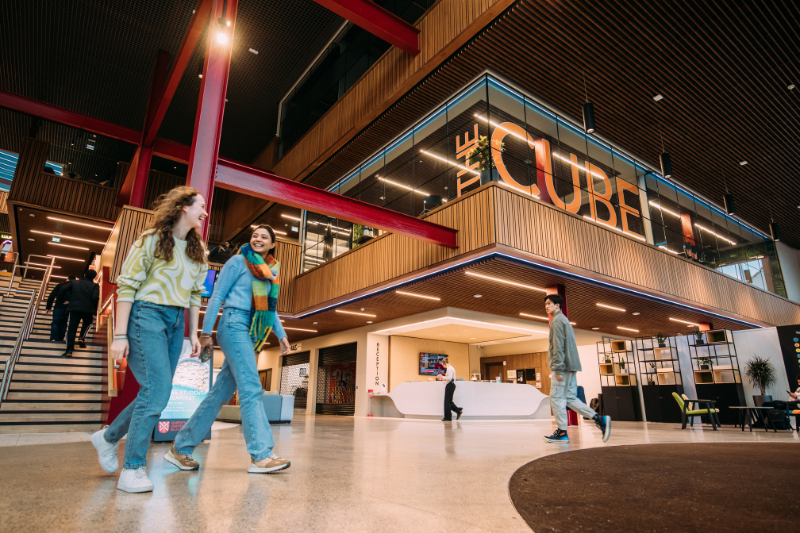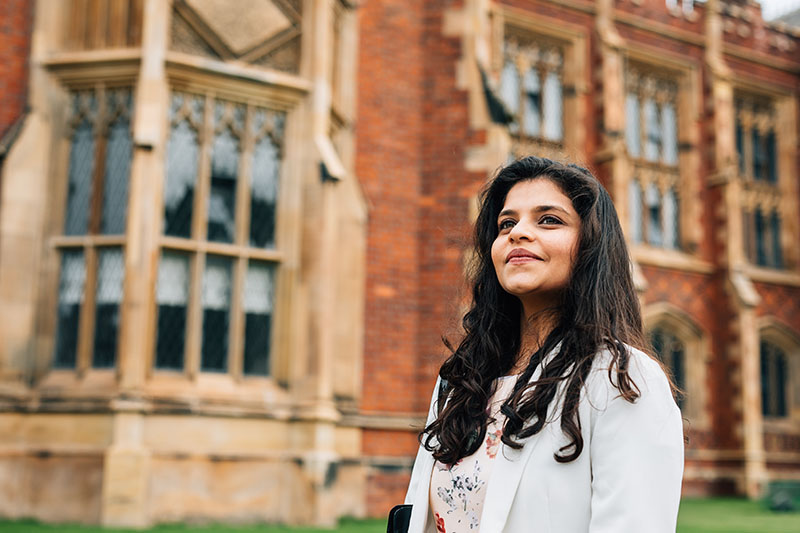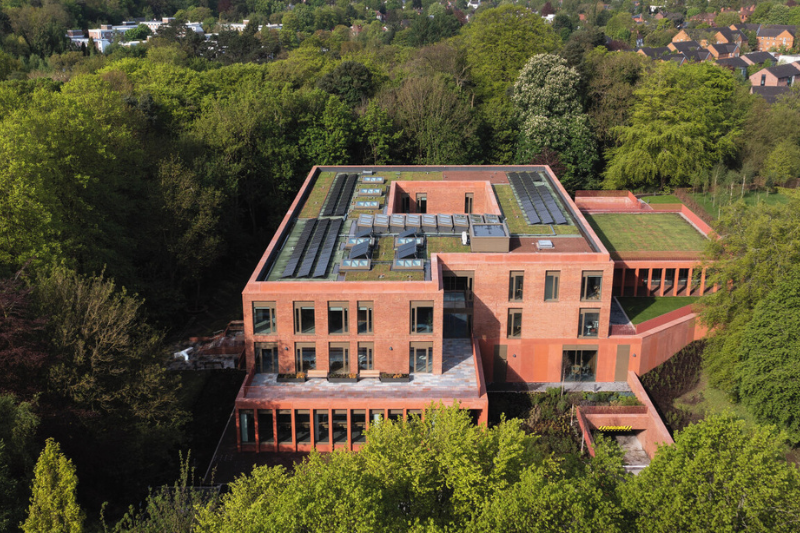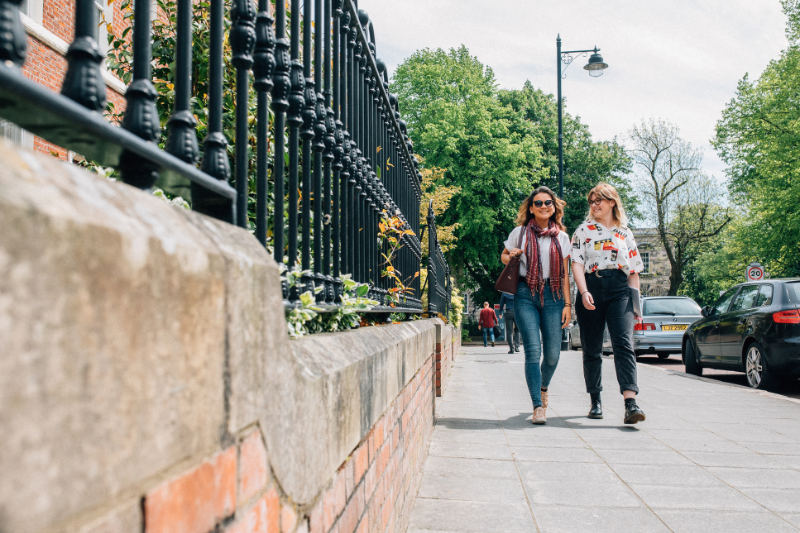Education for Sustainable Development at Queen's
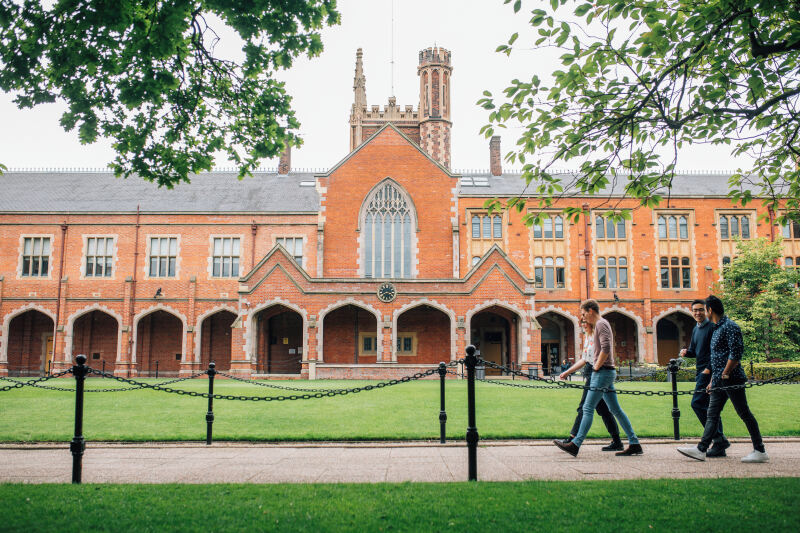
Teaching the next generation of sustainability leaders
Queen’s University Belfast is committed to preparing students for leadership and citizenship in a global society. Education for Sustainable Development (ESD) ensures that sustainability is embedded in what students learn, how they learn, and how that learning connects to the wider world.
Guided by Strategy 2030, our Net Zero Plan, and the UN Sustainable Development Goals (SDGs), we are embedding sustainability across academic programmes through collaboration between students, educators, and researchers.
This work is coordinated by the Climate and Sustainability in the Curriculum Officer, supported by colleagues across the university and reporting into the Sustainability Committee.
